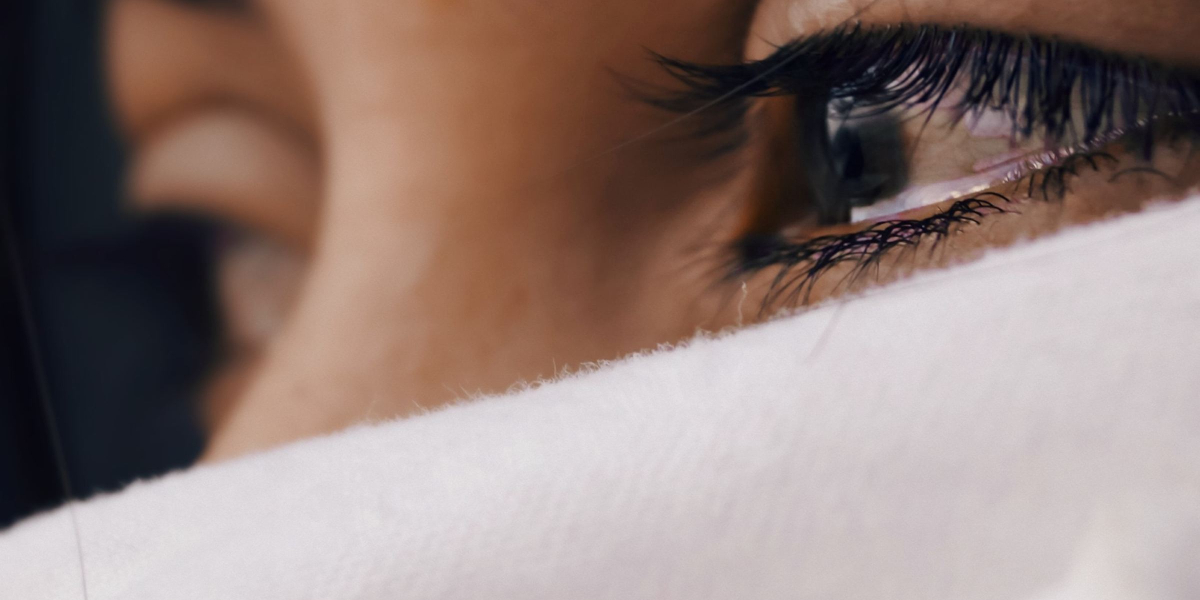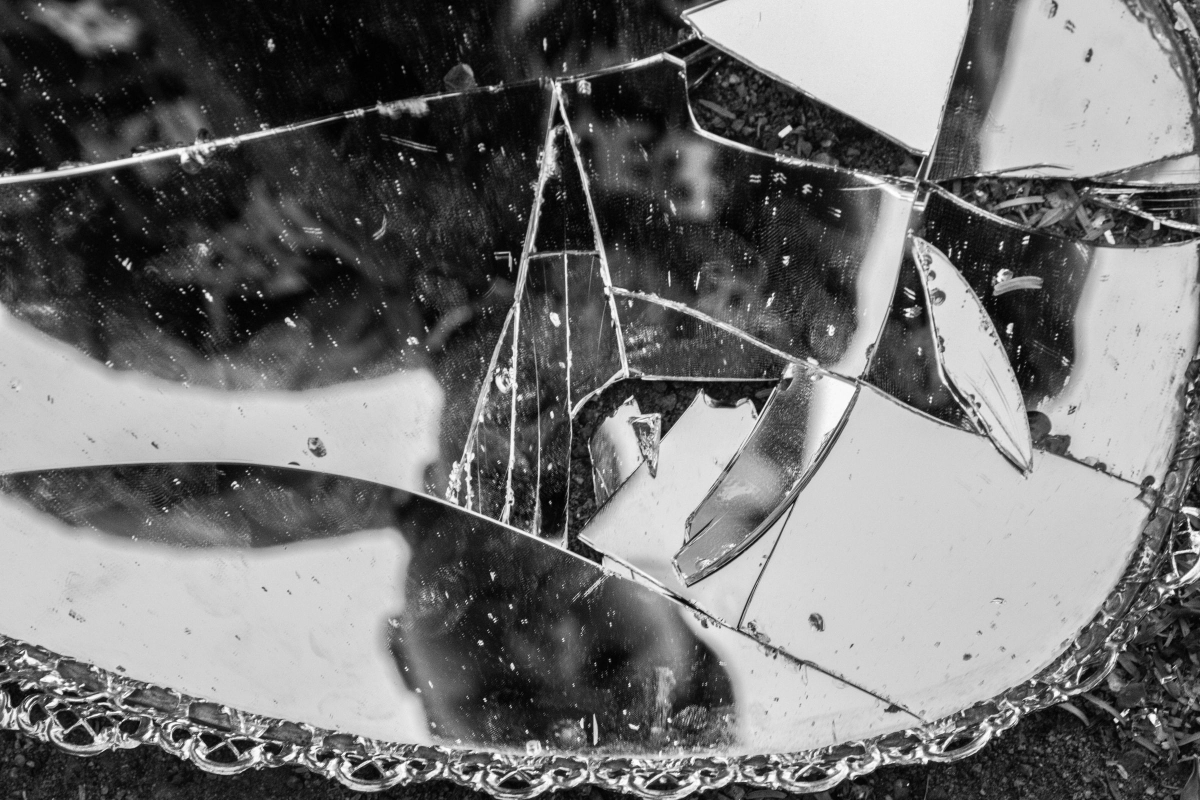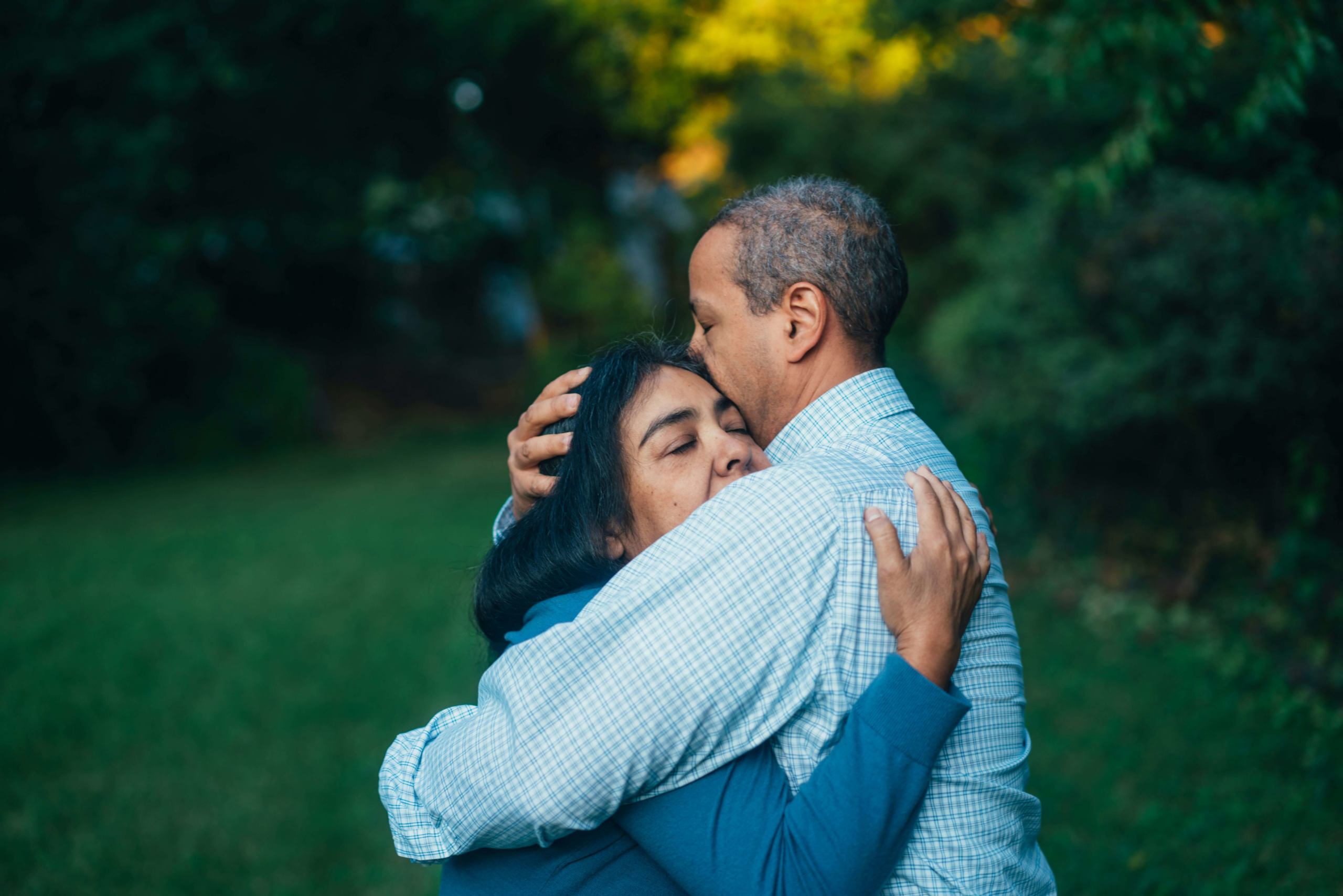Absolutely, you can heal from relational trauma! In this series of blog posts, I’m excited to introduce you to Gretchen Schmelzer’s Trail Guide to the 5-Phase Cycle of Healing Repeated Trauma. Gretchen, a psychologist, trauma expert, and trauma survivor, has dedicated over 30 years to working with complex trauma and brings a wealth of hope and insight to those affected by relational trauma.
With this first blog post, I’ll dive into her first chapter titled “Invitation” quoting her powerful words and sharing her expertise. If her message resonates with you, stay tuned for the upcoming blogs as we explore this important topic together. Finding your way here most likely means you or someone you care about is struggling to understand what’s happening, or you suspect an abusive relationship. I’m here to shed light on this and offer support.
A Brief Look at Relational Trauma
Relational trauma refers to traumatic experiences that occur within the context of relationships with others. Most trauma is relational trauma that comes from an abusive relationship or from witnessing abuse, as in a child witnessing domestic violence. The effects of relational trauma can arise from various types of connections – whether it’s a one-on-one relationship, family dynamics, intimate partnerships, friendships, or our connection with the world around us. It can even manifest in the workplace. This kind of trauma can profoundly impact a person’s self-perception, their trust in others, and their ability to cultivate healthy relationships. While physical abuse may be more visibly apparent, it’s essential to recognize that psychological or sexual abuse can be just as damaging, despite not leaving visible scars.
If you or someone you care about is in an abusive relationship, it’s important to know that help is within reach and healing is achievable. If you are in danger, start by reaching out to The National Domestic Violence Hotline. Additionally, you can find more information about identifying signs of relational trauma and its effects on health and well-being by clicking here.
Invitation
In the first chapter, Gretchen begins by saying, “There are so many things I want you to know. I want you to know that healing from trauma is possible. I want you to understand how being hurt, living through trauma, and how the difficult act of survival has affected you. I want you to know how all the things you did to survive and protect yourself have saved your life and how they may also be robbing you of the life you could live.” She goes on to say, “I want you to understand this because understanding how trauma has impacted you helps you know why the hard work of healing is worth it.” I wholeheartedly agree. While healing from relational trauma is indeed challenging work, I see the amazing growth and life-giving change that happens time and time again. The hard work is truly worth it.
7 Points Gretchen Wants You to Know If You Have Experienced Relational Trauma
- It is never too late to heal: Our brains are malleable and continue to grow throughout our lives. The brain’s ability to grow is what allows our survival and it’s this same plasticity that allows healing. We have learned so much about the brain and trauma in the last decades from the field of neuroscience. This knowledge can help you understand what happened to you. Gretchen writes, “I want you to understand how trauma works – how it impacts the brains and bodies. I want you to understand the genius of our brains and bodies for survival. Understanding how it all works gives you a platform from which to grow and leap and try new things.” Understanding what happened to you is crucial for starting the journey toward healing beyond your trauma. It’s like seeing tiny light bulbs go off in clients’ minds when they begin to grasp the situation. This awareness is essential for the healing process.
- You aren’t crazy: She says, “I want you to understand that all that turmoil that can happen inside of you makes sense.” Understanding how trauma affects the brain and body is crucial. Many of my clients start off feeling like something is deeply wrong with them. They describe feeling overwhelmed and lost, not recognizing themselves anymore. Some even blame themselves or don’t realize they’re in an abusive situation. Relational trauma can leave a person feeling shattered and lost.
- All trauma is not the same: Gretchen notes, “Trauma is the very definition of something being utterly shattered. And what gets shattered differs for every person.” She goes on to explain the difference between a trauma that happens once and repeated trauma. Repeated trauma, trauma that happens more than once, child abuse, sexual abuse, domestic violence, psychological abuse, gang violence, and even war are all relational traumas. The nature of the impact of repeated trauma is different than that of a single trauma event such as a hurricane or a car wreck. I like the way she explains this. “Our human physiology is built for efficiency. Traumatic events require a lot of energy. Our brains and bodies tell us we can’t afford that much energy and attention. So, if trauma gets repeated instead of gearing up (as we might after a car wreck), we go numb.” She goes on to say, “Going numb serves the important purpose of allowing us to go on and live our lives.” This is the natural defense system that your body employs to protect you.
- Three aspects of repeated trauma: I love how Gretchen describes the three aspects of repeated trauma. It resonates with me. The first aspect is what happened, the experiences of repeated abuse. The second aspect is what aided survival, the protections you put into place so you could go on functioning. Maybe you shut down? Maybe you geared up? Maybe you disassociated and escaped? There are many forms of protection. The third aspect is what didn’t happen, the growth and development you missed because you were in survival mode. She emphasizes that healing from repeated trauma requires you to work with and repair all three aspects.
- No one heals alone: Gretchen stresses the point that you cannot heal from relational trauma alone. “You will need to find help to heal. This is a how-to understand –and use- help book. It is a what-to-expect-from-trauma-treatment book. The book demands you get help, but it also provides information you need to feel empowered and secure in your helping relationship.” I completely agree. Connecting with a therapist, psychiatrist, social worker, or member of the clergy, or joining a support group is crucial for your healing journey.
- The paradox: Repeated trauma — relational trauma — occurs within the context of a relationship. Because of this, it can be incredibly challenging to seek help and trust others after experiencing such trauma. You might feel like you have to handle it alone because of the trauma you’ve been through. I’ve seen many clients who have struggled for years before feeling comfortable enough to ask for help, and it’s completely understandable. However, it’s essential to know that healing from trauma requires a healthy and safe therapeutic relationship. If you or someone you know has experienced repeated abuse of any kind – physical, psychological, or sexual – I strongly encourage seeking help. Taking that step is the most important move towards healing beyond your trauma.
- Healing is a process: Here is a welcome and hard truth from Gretchen, “The trauma that happened to you is not your fault, but healing from your trauma is your responsibility.” Healing is hard work, and it is a process. What’s more, it will not always feel good. It will feel messy and disorienting at times. But it is worth it. As Gretchen writes, “Healing means you are living in the present with a sense of a future – not just surviving or living in an ever-present past, protecting yourself from what has already happened.” Healing means you get to live all your life, not just the aftermath of your trauma.
Impacts and Insights
I am grateful to Gretchen for writing this book. It truly recognizes the impact of relational trauma and offers a wealth of valuable insight for those experiencing abuse. The first chapter highlights seven key points that serve as an open invitation to comprehend relational trauma and a powerful push to seek help for yourself or anyone you believe may be facing abuse.
Healing is possible. Healing cannot be done alone. From Gretchen, “Understanding trauma is not enough to heal it. Healing from trauma requires leaning your weight on the support of a therapeutic relationship in order to let the traumatized parts of yourself heal.”
Check out Gretchen’s website, HTTP://gretchenschmelzer.com/. She hopes to change the conversation about trauma so that more of us know healing is possible.
More to Come!
Hey everyone, get ready for my next post! I’m excited to dive into the topic of storytelling and the profound impact it has on our lives. We’ll explore the power of creating a coherent narrative about our experiences and how it shapes our understanding of the world and ourselves. Trauma can disrupt our personal narratives, leaving us feeling lost and unsure of who we are. It’s a topic I’ve seen firsthand with many of my clients. I’ll also share insights from Gretchen on how trauma can fragment our sense of self and storytelling. Follow my Blog for an enlightening discussion!
Dealing with relational trauma can be tough but remember that you’re not alone. If you’re going through a difficult time, don’t hesitate to get in touch. I specialize in guiding individuals through their trauma, and I’m here to help. Learn more about my unique approach by clicking here.

Recent Posts
Can You Heal from Relational Trauma? Part 2
Hi! Welcome back to Part 2 of this series on Can You Heal from Relational Trauma. If you missed the first post, you can read it here. This series of blog posts is a [...]
Can You Heal From Relational Trauma? Part 1
Absolutely, you can heal from relational trauma! In this series of blog posts, I'm excited to introduce you to Gretchen Schmelzer’s Trail Guide to the 5-Phase Cycle of Healing Repeated Trauma. Gretchen, a psychologist, trauma [...]
Relationships Matter! Insights from an Online Relational Therapist in Houston, TX
Spring is upon us and here in Houston, Texas, it's likely to phase into summer heat soon. We happily got a cool snap this week and I found myself able to do my runs under [...]





